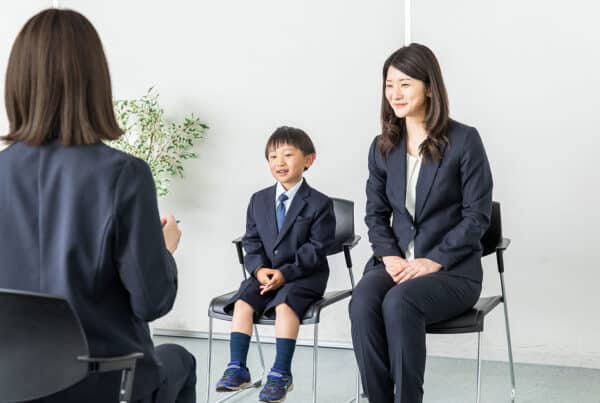Last Updated On: July 1st, 2024
Summer learning loss is always a concern for students, but this year it is an especially big concern. With all the disruptions to the school year from COVID-19, learning loss may have already started, and two more months of disrupted learning might have a bigger impact than usual. The reassuring news is that many students are in this boat, and teachers and school staff understand that not everyone is going to come back to school at the same level. Still, parents and students can dramatically reduce summer learning loss—or even turn it into learning gain—with the right steps.
First, parents should encourage educational activities that their children enjoy, such as reading at one’s independent level or taking a class online (or possibly in person) that fits their interests. Kids who won’t always pick up a book on their own might enjoy reading graphic novels or reading along with an audio book. The Los Angeles Public Library, along with other library systems, hosts a free online Summer Reading Challenge that offers prizes for logging reading time, along with classes and online activities. It’s been proven that kids who spend time reading over the summer can either eliminate summer learning loss for reading or greatly reduce it.
Those kids who would just sit in front of non-educational television and apps when given the chance (my own kids included), however, will require more structure for summer learning. Even motivated learners might need outside encouragement to retain math skills, which tend to be more affected by summer learning loss than reading; while many kids will pick up a book for fun, few will pick up a sheet of math problems.
Parents and students should consider taking the following steps:
1) Complete work and/or courses recommended by the school or teacher. Many schools have already put summer learning programs into place, which can provide an excellent structure and framework for students. If your child is switching schools, the new school may have ideas for how to ensure your child is prepared for next fall. This is especially important if your child is coming from a school that struggled with the transition to remote learning.
2) Prepare for standardized tests the student must take in the fall. Preparing for an admissions test, such as the ISEE or SAT, might be even more daunting this year, but test preparation can also add structure to summer learning. Preparing for standardized tests requires students to work on reading, writing, and math skills. While a few of these skills are specific to the test, many are general academic skills that also help improve student performance in school. By learning concepts in preparation for the test, students can also remediate concepts they missed out on at the end of this past school year. A class or tutoring program can help to identify a student’s areas of need and address those specific skills.
3) Take advantage of summer school opportunities and structured classes. Even if summer school hasn’t been assigned by the teacher, many schools are offering all students the opportunity to take online classes. LAUSD, for example, is offering free summer programs for any student enrolled in the district. While there is limited space for some of these programs, with priority going to students most in need, several programs—including self-paced courses—are available to all students. In addition, LAUSD has partnered with several community organizations—including the LA Chargers, UCLA, and the Columbia Memorial Space Center—to offer interest-based enrichment courses.
There are also numerous private academic opportunities. Many summer camps and academic programs have adjusted their plans to offer online options. Gifted students might consider enrolling in an online class with the Johns Hopkins Center for Talented Youth.
4) Hire a tutor to help your child catch up with key academic skills. If you’d like your child to have structured learning at an individualized level, one or more tutoring sessions per week can be very helpful. Even parents who have teaching backgrounds can find it challenging to work with their own children, so an outside tutor can provide a change of pace and reduce stress in the parent-child relationship. A tutor can also help to design an individualized program and assign homework to help your child catch up on any deficiencies or receive enrichment in core academic subjects. Online one-on-one tutoring sessions are usually quite similar—and just as beneficial—as in-person sessions.
5) Explore learning apps, websites, and virtual learning opportunities. A plethora of websites, both free and paid, offer everything from individualized exercises to virtual field trips. You’ve probably already learned about some of them from your child’s school or teacher, and you can also find a list of resources here.
As important as it is to mitigate learning loss, parents should also remember that summer break should also be enjoyable. With the proper balance of fun and learning, students can return to school in the fall well-rested and ready for the new year.



















